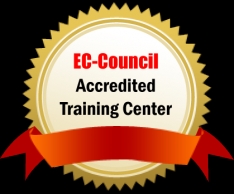Jacksonville is the biggest city in the state of Florida. It is the biggest city by area in the United States. Jacksonville has an estimated population of around 854,000 people, making it the most populous city in Florida also. Education in the USA is provided by both public and private schools, and is mandatory until the age of 16. Pupils conducting their schooling within the USA start off at preschool, followed by elementary school, then middle school, before finishing at high school. At age 18, US citizens are able to engage in higher education. Higher education in the USA normally comes in the form of a college, undergraduate school, or a community college – that latter of which doesn’t normally cost anything to attend. Candidates participating in a course at a college will gain credits towards a bachelor’s degree, whilst candidates participating a course at a community college will be earning credits in order to achieve an associate’s degree. Primary and secondary education in Jacksonville is overseen by the Duval County Public Schools board. There is roughly 125,000 pupils in the Jacksonville school district, attending 173 schools. There are approximately 62 magnet schools in this area to serve those pupils with a specialised academic or artistic interest. Three schools in Jacksonville are a regular feature in a list of the country’s top high schools. These are: Stanton College Preparatory School, Darnell-Cookman School of the Medical Arts and Paxon School for Advanced Studies. Jacksonville is home to a number of higher education institutes, such as: University of North Florida, Jacksonville University and Edwards Waters College. The latter is the United States oldest black college, it was established in 1866 in order to educate the freed former slaves. Jacksonville University is a private university, established in 1934. It offers over 70 majors and programs at the undergraduate level, as well as several Master's programs. At The Knowledge Academy we offer over 50,000 classroom based training courses in the United States, including popular locations such as Jacksonville.
Free Wi-Fi
To make sure you’re always connected we offer completely free and easy to access wi-fi.




































 Back to course information
Back to course information




 If you wish to make any changes to your course, please
If you wish to make any changes to your course, please

